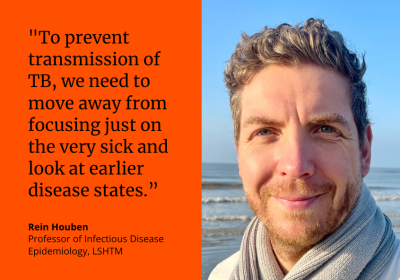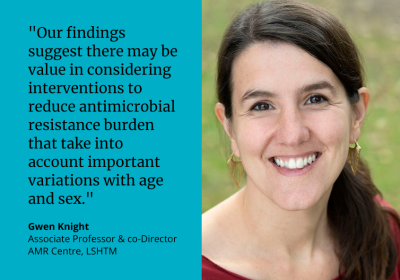Latest news
Latest News
Upcoming events
Upcoming Events
Latest blogs
Blogs
Expert opinion
Expert opinion
Proposals to modernise UK abortion law are expected to be discussed in parliament soon and our extensive research says this would improve the lives of both women and healthcare professionals. What is the current law on abortion for the UK?
The 1.3 billion people with disabilities around the world face increased risk factors associated with poorer overall health, such as poverty, issues in older age, malnutrition and exposure to violence. While disability is diverse, people with disabilities often report experiencing similar barriers when seeking healthcare support.
23 March 2024 marks 10 years since the World Health Organization reported an outbreak of Ebola Virus Disease in Guinea. This was the beginning of what remains the largest Ebola epidemic to date, as in the following months the disease spread rapidly across West Africa. Sierra Leone, Liberia, and Guinea were worst affected, registering a cumulative 28,616 cases and 11,310 deaths. The declaration of a public health emergency of international concern, coupled with national state of emergency legislation in these countries, also had long-lasting social and economic repercussions.
In a rural area in the District of Khulna, South Bangladesh, a researcher from the University of Dhaka asked me: “Do you want to taste the water yourself?” We were standing on an embankment, along the Rupsha River that leads into the Sundarbans - the largest continuous mangrove forest in the world. I had recently joined a research team from the University of Dhaka in their investigations into the unusually high number of pregnant women with pre-eclampsia in the area that was noticed by the local gynaecologist.












